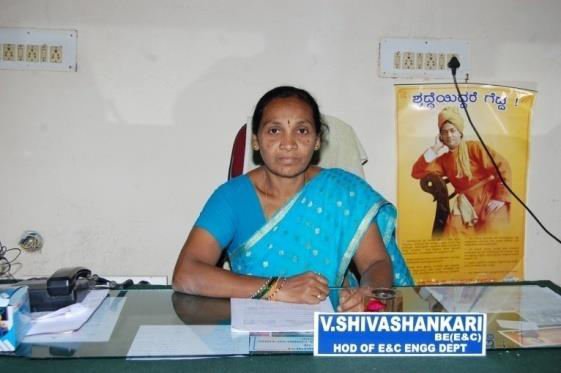About the Department
Approved by All India Council for Technical Education (AICTE) in 2006-07Recognized by the Govt. of India and Directorate of Technical Education, Karnataka
Vision
Department of Electronics and Communication is striving continuously for excellence in technical education and instilling confidence in the students to face new challenges of the competitive world.
Mission
To educate Electronics and Communication engineering students to become technicians par excellence who design, build, install, troubleshoot, repair, and modify developmental and production electronic systems through academic excellence and in partnership with industry through an environment of continuous knowledge-seeking.








